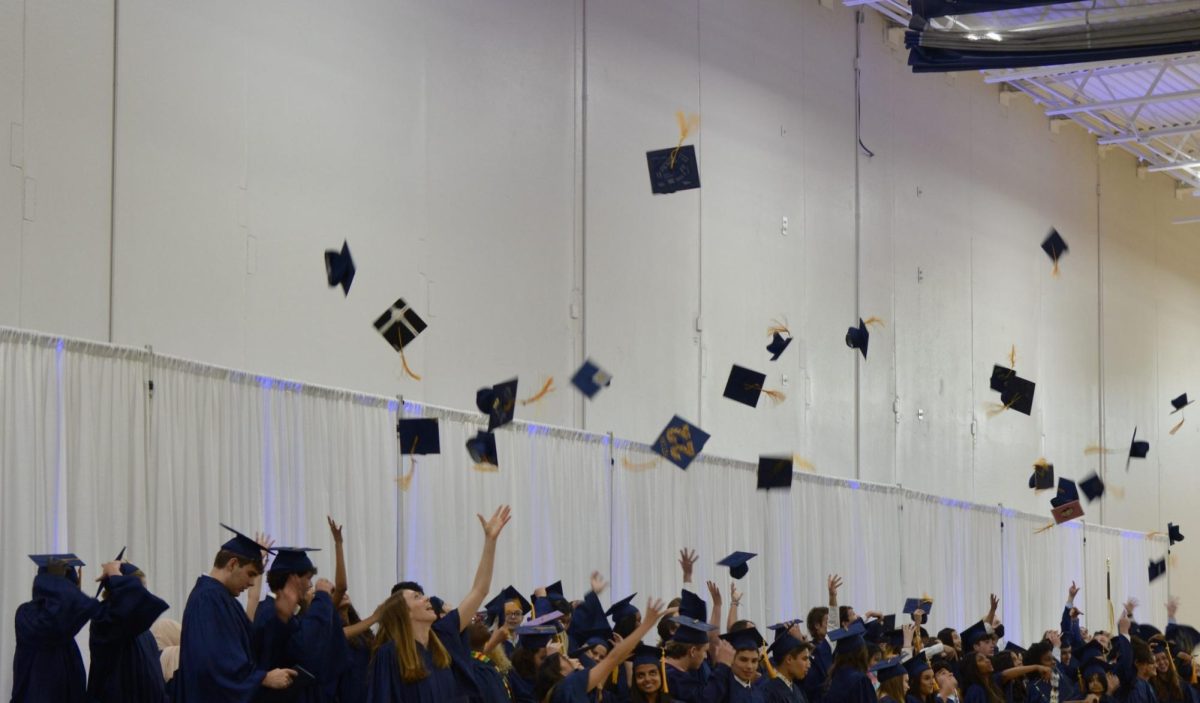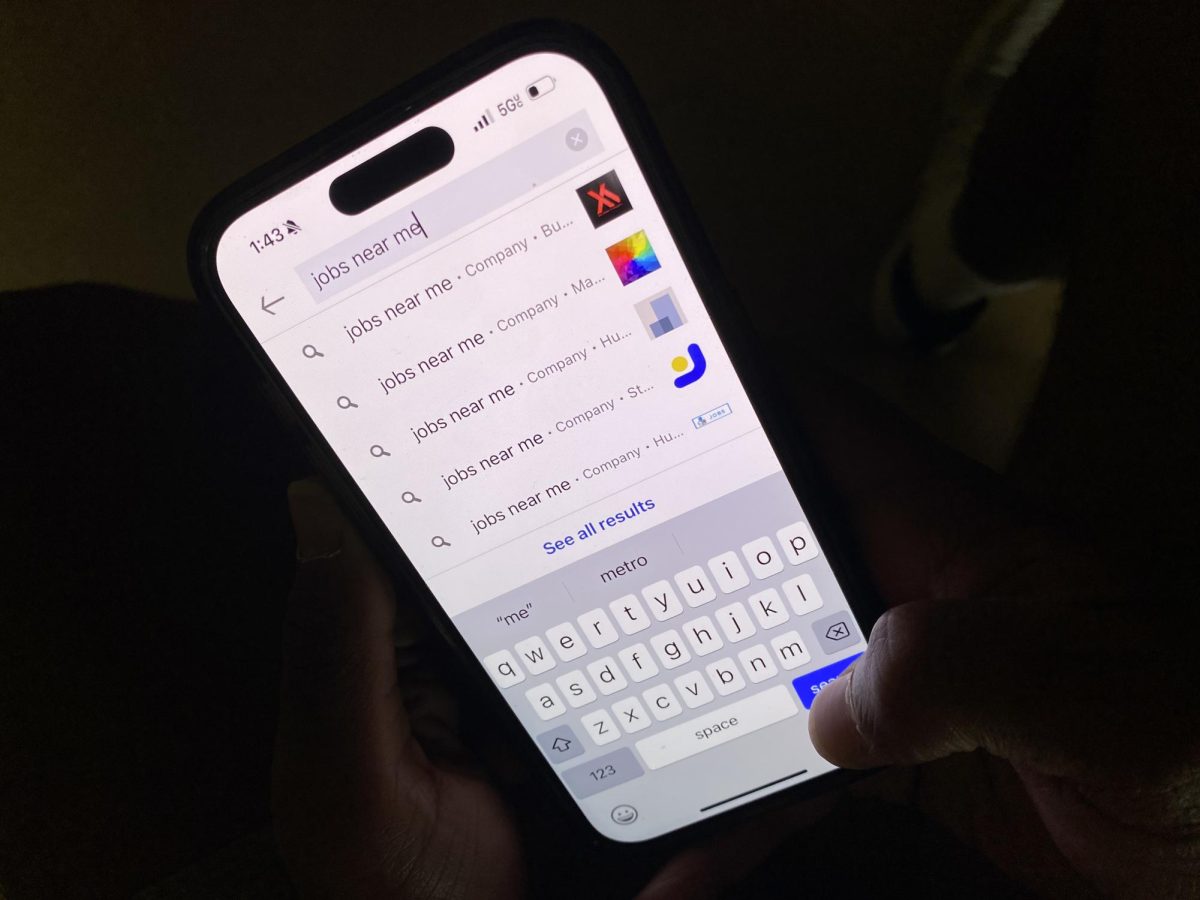In general, Seven Hills’ student body has always been well behaved. However, the school’s administration gives out an excessive amount of detentions to students who carry out even the smallest behavioral infractions. Additionally, Seven Hills’ detentions are extremely punitive and follow a very old fashion form of punishment.
In a poll of over one hundred Seven Hills Upper School Students, less than ten percent of students agreed with the statement, “Seven Hills gives out a fair number of detentions to students” and less than twenty percent of students agreed with the statement, “Detentions are a fair punishment for minor infractions (tardies, lanyard wearing, ordering food, etc.).” While detentions are a common form of punishment at nearly all schools, many students find that they are ineffective in reducing students’ likelihood to repeat the same infraction, especially minor ones. The same poll found that only one in every five students agreed with the statement, “Detentions decrease students’ likelihood to repeat infractions in the future.” Despite these numbers, Seven Hills continues to give out detentions every day for minor infractions.
When several students were asked about the detention policy, one freshman said, “getting an after school detention after eight lates that are never my fault is crazy.” Another freshman said, “I don’t think it’s fair that I have to go to detention because my parents are making me late.” Even freshmen and many sophomores cannot drive yet receive detentions for tardies. This has been a major point of feedback among underclassmen, because many of their tardies can be blamed on their parents and siblings.
Many students also complain about the punishment for lanyard wearing. One student said, “It’s too much for such a little thing.” “Detentions are given out very loosely for minor infractions,” another student said “There are things that we could have received a warning about instead of such a harsh punishment.” All Seven Hills students receive a lunch detention if they forget their lanyard four days in a quarter, but should they? People forget things all the time, even adults, and making students serve detention for this is a harsh and unreasonable way to solve a small issue.
Students aren’t the only ones who feel like detentions aren’t working. “I think we give out too many detentions, and in general, I don’t think detention is all that effective,” said Megan Whitt, the Upper School Librarian and Art History teacher. “I think the type of kids that detentions work for are not the kids that are receiving detentions.” Every student is different and the disciplinary action at Seven Hills has a unique impact on everyone.
With all this being said, Laura Leonard, the Upper School Dean of Students, claims that detentions are working to bring down infraction rates. “The data shows it really is working, that it really does deter students,” Leonard said. “That’s what I’m always looking at; does the data from quarter after quarter show that the lunch detentions are working?” Leonard also explained how she was experimenting with taking away free bells and after-school detentions for the students who aren’t learning from their lunch detentions.
The main issue with Seven Hill’s detention policy, however, isn’t the policy, but rather the detentions themselves. Students are forced to give up their lunch time, one of the few times during the school day to socialize, attend clubs, and relax, and go to the study hall room. During this time, students are not allowed to read, do school work, listen to music, or use technology. Instead, students sit quietly in the study hall room for forty minutes. This form of punishment seems extreme for forgetting a lanyard or arriving a few minutes late to school. Not to mention, it seems very old school for a school that takes pride in and constantly advertises its progressiveness.
A more effective way to deal with minor disciplinary infractions is to use a form of restorative justice that directly addresses the problem. A conversation with Mrs. Leonard or someone else in the school administration would be more effective and less punitive






















